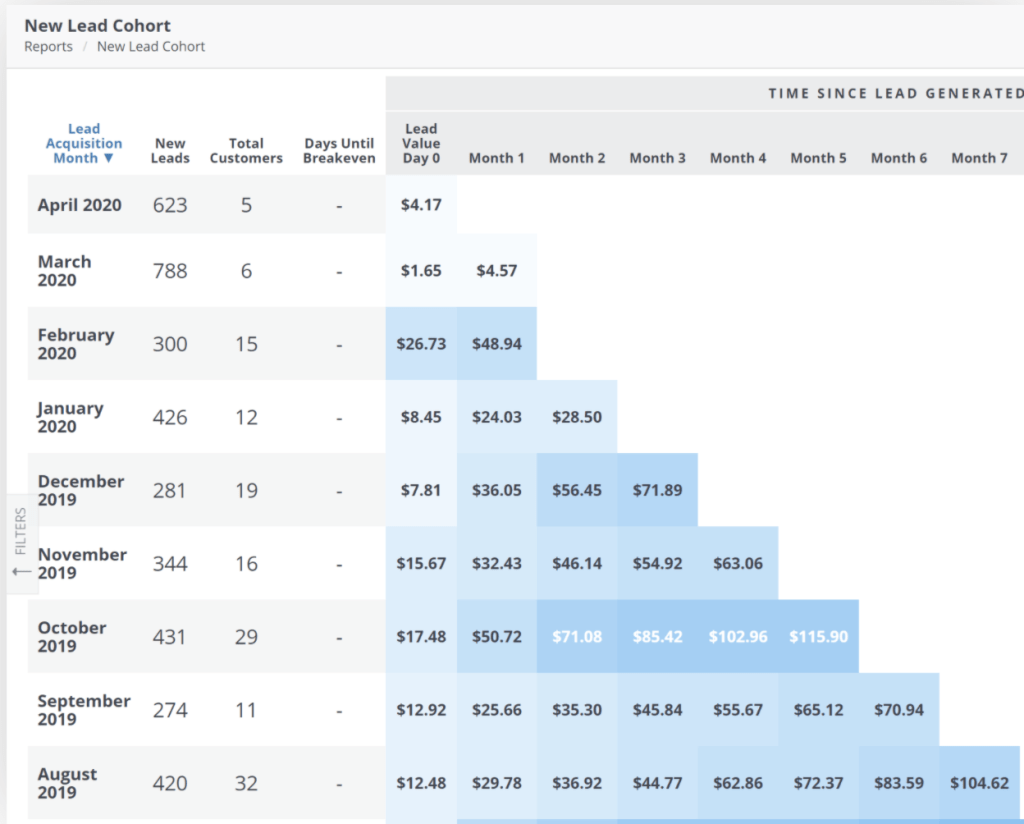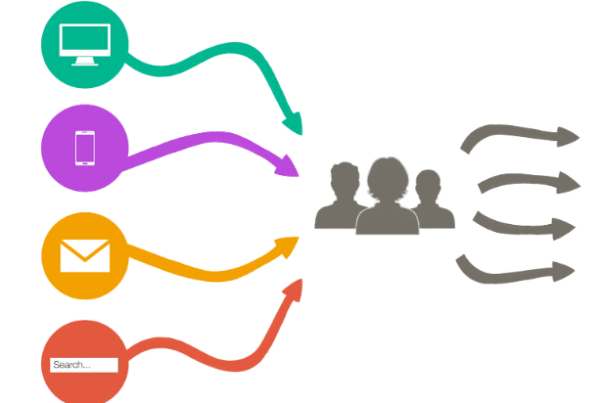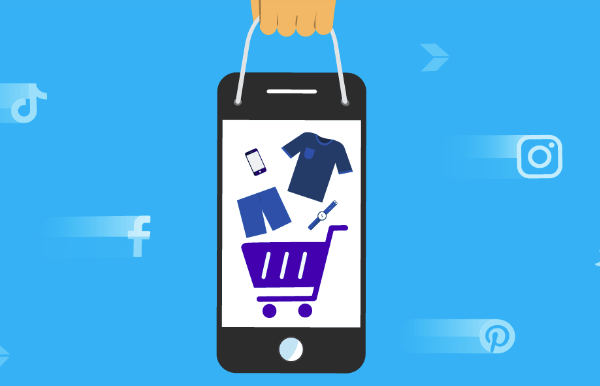Today on the ETREND interview series where we interview the industry’s leading experts & e-commerce professionals we have Scott Desgrosseilliers. We’ll be talking with Scott about the ever-having debate on conversion attribution that is the holy grail of truly scaling a digital marketing strategy.
Scott is the CEO of Wicked Reports, one of the most robust tools out there for attribution amongst other features that are extremely powerful for e-commrce merchants to optimize their digital marketing as well as understanding other data points that will help scale their business.
Privacy changes within the platforms are changing the landscape of advertising, thus, changing how businesses structure campaigns, data gathering, and more. Attribution, in turn, has become even MORE challenging.
Q: Scott, thanks for your time today. Let’s get right to it. When it comes to attribution models of last click, first click, etc, is there a model you recommend for the average e-commerce business to use to scale their ad spend on a certain channel?
A: A big misconception in attribution is that there is one magic attribution model that is the silver bullet to success. Marketing attribution for e-commerce is not rocket science, but it is science. I recommend using different attribution models based on the intention of your marketing. When you are measuring cold traffic, use first click or new lead gen models. When you are measuring bottom of the funnel traffic, use last click. When trying to assess the important touch points after first click, but before last click, then you need an intelligent multi-touch model.
Q: Privacy changes such as the IOS14 change that has impacted a lot of data funneling in and out, have you seen that impact attribution from sources such as Facebook / Instagram?
A: Heavy impact to Facebook / Instagram. FB’s method of tracking is a 3rd party tracking pixel, that technology is going to be obsolete soon. But IOS14 hit them even harder because they can’t use Apple’s IDFA, which involves looking up your phone’s activity and using the impressions for attribution. That loss has translated into declining attributed ROAS from within Facebook.
Ironically, a good first party tracking solution that ties Facebook / Insta clicks to customer LTV, such as our platform Wicked reports, shows decidedly higher ROI over time on cold traffic campaigns.

Q: What are you seeing are the biggest challenges with marketing teams right now specifically to attribution within platforms? What are some solutions to solve more accurate results?
A: The challenge is you can’t rely on inflated FB metrics within the ad manager, and the FB pixel to automagically grow your account on autopilot. Instead, you need to use a multi-channel, multi-step funnel approach to growing your brand. This is challenging, because each new channel will show additional conflicting sales attribution information.
The solution is to use a first party marketing attribution platform that is focused on being a source of truth, not on trying to get you to spend more money.
Q: Cross-channel attribution has been at the top of the more challenging analytics for marketing teams to combat and truly makes it very difficult to scale. Is there any simple solution (besides using a tool such as Wicked Reports which we’ll get into,) that you see teams working with on this?
A: There are no simple one-click solutions.
Q: Being that you founded Wicked Reports which I believe is an essential tool needed more than ever in the market today for scale and growth, can you tell us a little bit about its foundation and who exactly it’s most useful for?
A: Wicked Reports was initially founded to help an ecommerce brand sell more lobsters online. He had abandoned Facebook when his initial direct sales efforts failed. It turned out that his brand’s Facebook conversions are delayed – cold traffic took about 40 days to convert, and that conversion often happened over email. He has since made over $20 million on Facebook in 6 years! https://www.wickedreports.com/our-story
Q: Being that we’re coming to the end of the third-party cookie era, what effects does this have on attribution?
A: Huge impact, if the solution was relying on 3rd party cookie data. Those solutions are going to be obsolete.
Q: First party data vs. Third party data. Hot topic right now. Any thoughts or insights on this?
A: First party data all the way! I founded Wicked Reports on first party data. I did this because first party data is the only true, valid conversion data that a brand has. If you build your marketing attribution on 3rd party data, it’s like building a house on a weak foundation – eventually it’s going to collapse. That collapse will happen in 2022.
Q: Being you’re in the data business, how many businesses do you see that come to you guys are already using some sort of data driven strategies vs starting to try and understand the data to make marketing decisions to scale growth?
A: I’d guess 80% are already trying to use a data driven approach. That’s when the brand discovers their data is flawed, and they start looking for accurate marketing attribution data they can trust and verify.
Q: Thank you so much for your time. Is there anything you’d like to add to this discussion that e-comm marketing teams are having on a DAILY basis on attribution that should be in the conversation? Feel free to plug Wicked more and why it’s a tool that will help businesses.
A: Marketing attribution finds your channels and campaigns that turn clicks into high value customers over time. It’s important to use attribution models that match the goals of your specific campaigns, otherwise it’s like using a ruler to measure weight. Ad platforms are fantastic sources of traffic, but they aren’t built for multi-channel ecommerce attribution, keep that in mind when spending your hard-earned dollars.


